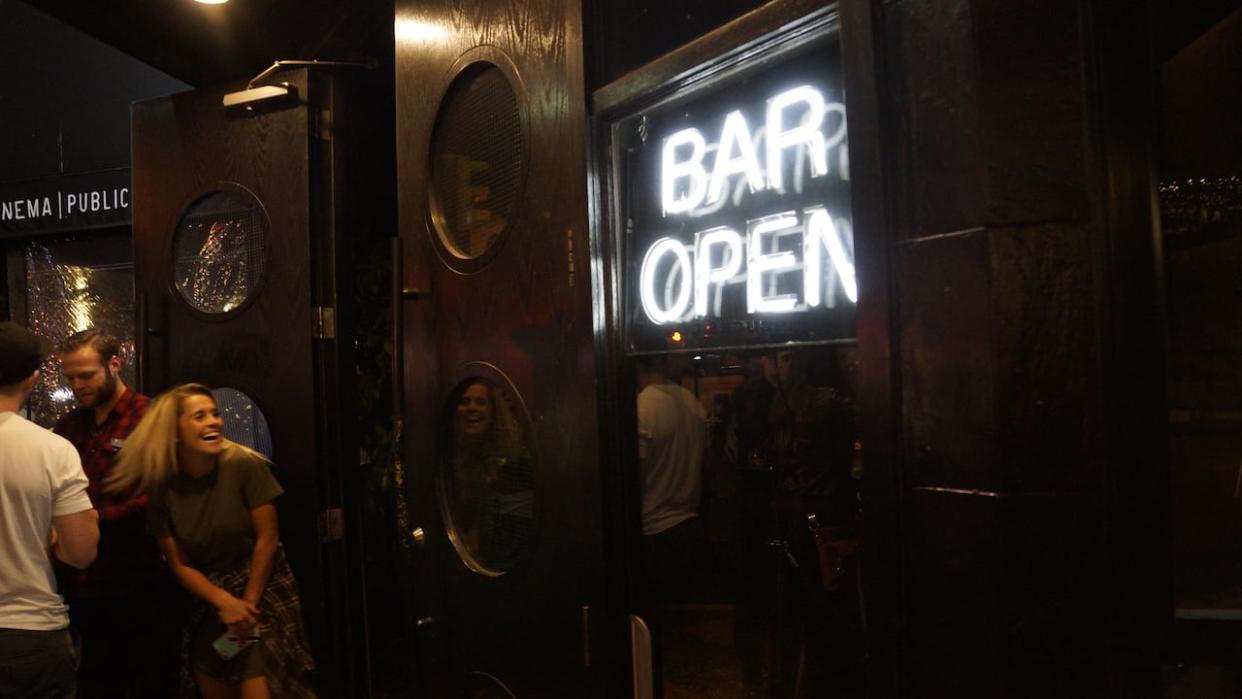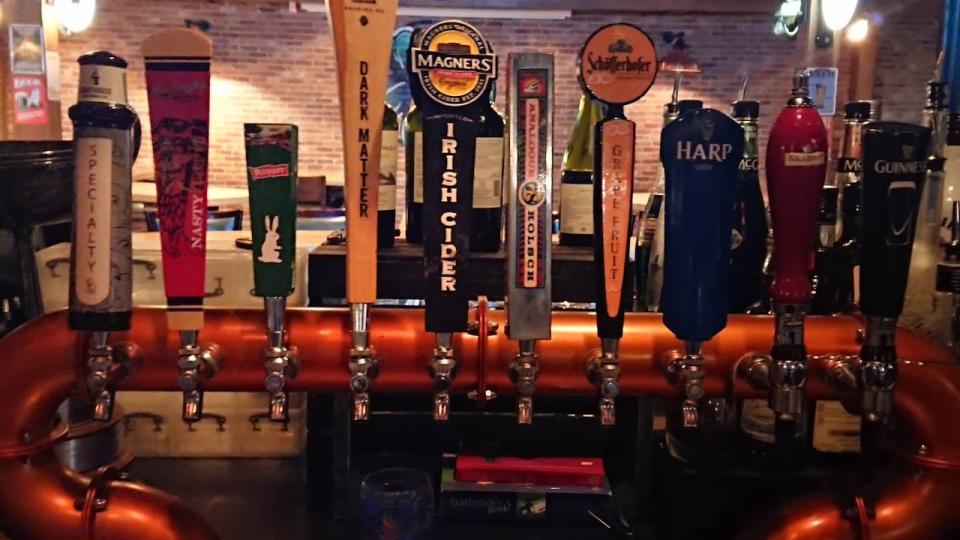Vancouver amends liquor bylaws to boost number of bars on Granville strip and other areas

Vancouver city councillors have approved changes to the city's bylaws aimed at helping refresh a downtown entertainment district and expanding the number of businesses that can offer alcohol.
The changes, summarized in a report and supported by councillors on Wednesday, do away with some limits that served public health goals, such as moderating access to liquor, that were seen by some policymakers as barriers for existing businesses seeking to expand, and for prospective businesses seeking suitable locations.
The report outlines a number of changes for the Granville Entertainment District, or Granville strip, and the Chinatown, Gastown, Industrial District, Thornton Park and Victory Square areas.
They include:
Allowing clusters of same-sized establishments in downtown areas;
Lifting a ban on new liquor establishments in a number of downtown areas, including the Granville strip;
Allowing businesses offering alcohol next to residential areas to increase seating from 150 to 200;
Creating opportunities for businesses such as spas, barber shops and retail stores, to allow them to obtain a liquor-primary licence.
Mayor Ken Sim said in a statement that the changes will remove hurdles for businesses and bring the city's liquor policies in line with other municipalities in the province.
"The changes …will give businesses the flexibility to innovate and bring forward fresh ideas," he said. "This especially aligns with our new vision for Granville Street as the city's premier destination for entertainment."

Changes to Vancouver's liquor bylaws aim to encourage more pubs in certain areas. (Black Clover)
The province's Liquor and Cannabis Regulation Branch (LCRB) issues licences in the province for making and selling liquor and supervises the service of liquor in licensed establishments.
The city manages the location of establishments, person capacity, operating hours and other considerations in relation to liquor licences.
Health and safety concerns
The report outlining the changes said staff engaged with multiple community groups, local businesses and the hospitality sector.
In a submission as part of the report, Vancouver Coastal Health (VCH) strongly opposed "enabling greater density" of businesses offering liquor "because of immediate and long-term public health and safety risks."
"I believe that these proposals carry the potential to increase alcohol consumption and harm in the city," wrote Mark Lysyshyn, deputy chief medical health officer with the health authority.
The Vancouver Police Department (VPD), which reviews each application for a liquor establishment in the city, said in a submission that it did not oppose the changes to distance requirements or the removal of a moratorium on new establishments, but was concerned about increasing seating capacity.
"Our experience has shown that we need to proceed with caution when increasing the availability and access to alcohol in entertainment areas and where large crowds congregate," it said.
Sarah Hicks, chief licence inspector with the city, said staff will continue to work with both VCH and VPD to monitor the impact of the changes, especially in areas like the Downtown Eastside and its surrounding neighbourhoods.
"The changes to the liquor-distancing policy will enable opportunities for growth while maintaining the necessary checks and balances to support health and safety," she said.
If you build it, will they come?
The report cautions that the changes aimed at breaking down barriers for businesses to thrive and bolster social and entertainment opportunities in the form of pubs or bars in the city may not be enough.
The report said if the changes were approved, "some new liquor establishments will open," but said the current economic environment — including high costs of borrowing, equipment and payroll, along with employee shortages — "make launching a new business challenging."

